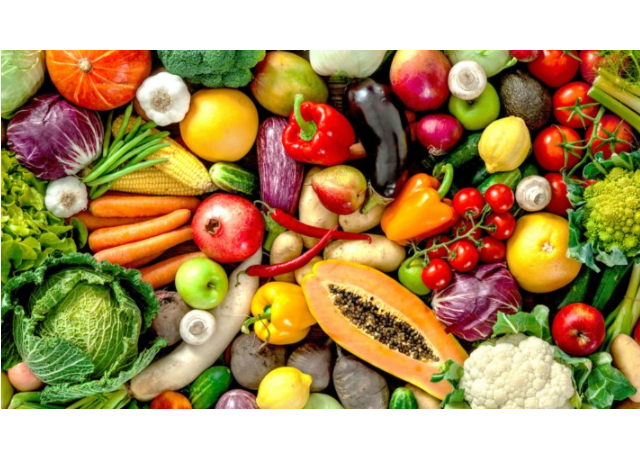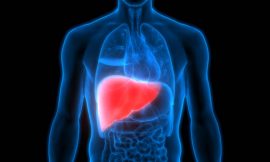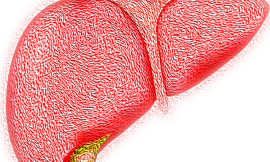There is no specific diet which will cure hepatitis C. But we can include more foods and drinks that may boost liver function and foods which may be harmful to the liver.
If you have hepatitis C then the chances of diabetes and fatty liver is high. Maintaining a weight weight is always important, so here we discuss about the best and worst foods, if you have hepatitis C.
These are 4 foods which is good for hepatitis C patients;
Fruits and Veggies
Hepatitis C patients should eat lots of fruit and vegetables. They’re rich in fiber, which helps you feel full for longer, as well as other nutrients that support heart health. Low in calories and fat, they make it easier to reach a healthy weight. In fact fruits and veggies help to reduce your chances of both fatty liver disease and diabetes. So including lots of fruits as well as veggies in everyday diet of hepatitis c patient is important.
Whole Grains
Like fruits and vegetables, whole grains are excellent sources of fiber and nutrients, and they should be eaten daily.Tasty options include barley, brown rice, quinoa, whole-wheat pasta and bread, and oats, which make a great breakfast. Whole grains keep the high-fiber, nutritious parts of the kernel, the bran and the germ, which are mostly removed from white bread, white flour, and white pasta, so avoid these options.
Lean Proteins
Seek out healthy proteins like fish, skinless chicken and turkey, nonfat dairy, and lean cuts of meat. Maintaining a healthy weight is an important way to protect your liver and avoid fatty liver disease, and choosing lean proteins instead of fatty ones is a smart switch to reach these goals. On the other hand, eating fatty red meats can contribute to obesity and worsen the toll on your liver.
Coffee
Coffee may be beneficial for people with hepatitis C. Experiment in people with hepatitis C, who drank three or more cups of coffee a day were 2 times more likely to respond to their treatment than those who didn’t drink coffee. if you like coffee, then you can drink coffee everyday.
Try to include these foods in your diet which help your liver healthy.
These are worst foods or we can say the enemies of hepatitis C patients

Alcohol
Avoid alcohol completely if you have liver diseases. In fact, avoiding alcohol is one thing you can do to slow down the risk of developing liver failure. Avoiding alcohol is the best way to slow disease progression and keep your liver healthy until the virus has been eradicated. Instead of alcohol, stay hydrated and healthy by drinking lots of water, you can drink fruit juices which help you bring more energy.
Raw Fish
If you have hepatitis C, skip the sushi or oyster bar to avoid potential food-borne illnesses. In fact, you’ll want to be careful about all raw seafood. Since developing a bacterial infection from raw seafood can worsen hepatitis C. She says it’s also wise to avoid unpasteurized milk and cheese for the same reason.
Liver
Liver is high in iron, too much iron in your body can cause an enlarged liver, liver failure, liver cancer, or cirrhosis, and these risks may be heightened when you’re living with hepatitis C. Stay away from foods that are extremely high in iron, such as liver, as well as iron supplements. Leafy green vegetables are okay because they tend to have much less iron than liver (not to mention they have a host of other great vitamins and minerals).
Salt
Salt can promote fluid retention, which is a symptom of progressive hepatitis C, Graham says. It’s not just salt from the shaker that you want to avoid — processed foods like frozen meals and baked goods are also loaded with sodium. If you have early-stage hepatitis C, a little sodium is okay, but when the disease is advanced, it’s a good idea to stay away from any added salt, you can check with your doctor to know how much salt you can take by analyzing your health condition.
It never means that you completely rid of the these, but minimizing these will help to reduce the infection.





